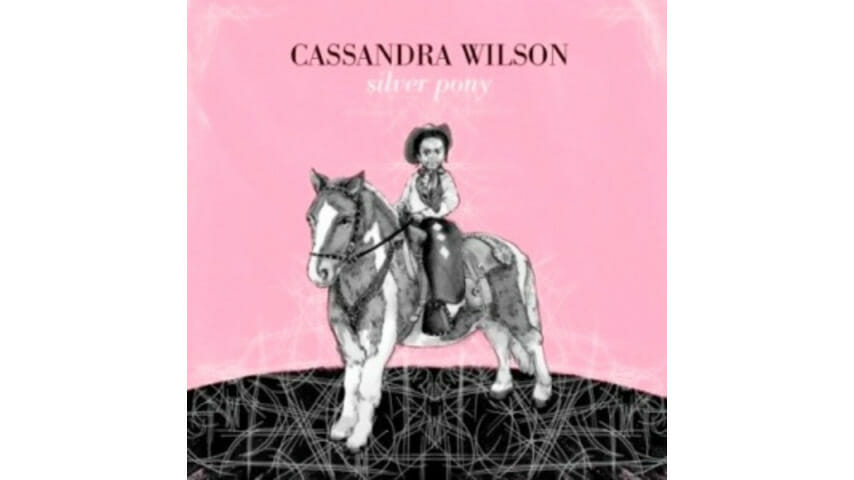Cassandra Wilson: Silver Pony

Not double live… just half
Cassandra Wilson gets sole billing on Silver Pony, but her backing band ought to get their names on the LP spine as well. They’re the true stars of this intriguing album, half of which was recorded during a recent European tour and the other half at Piety Street Recording in New Orleans. That hybrid is especially apt for showing off the musicians’ virtuosity, not only their soloing chops but also their collective talent for creating and sustaining dark moods in which Wilson can relate her tales of death and romance.
-

-

-

-

-

-

-

-

-

-

-

-

-

-

-

-

-

-

-

-

-

-

-

-

-

-

-

-

-

-

-

-

-

-

-

-

-

-

-

-








































